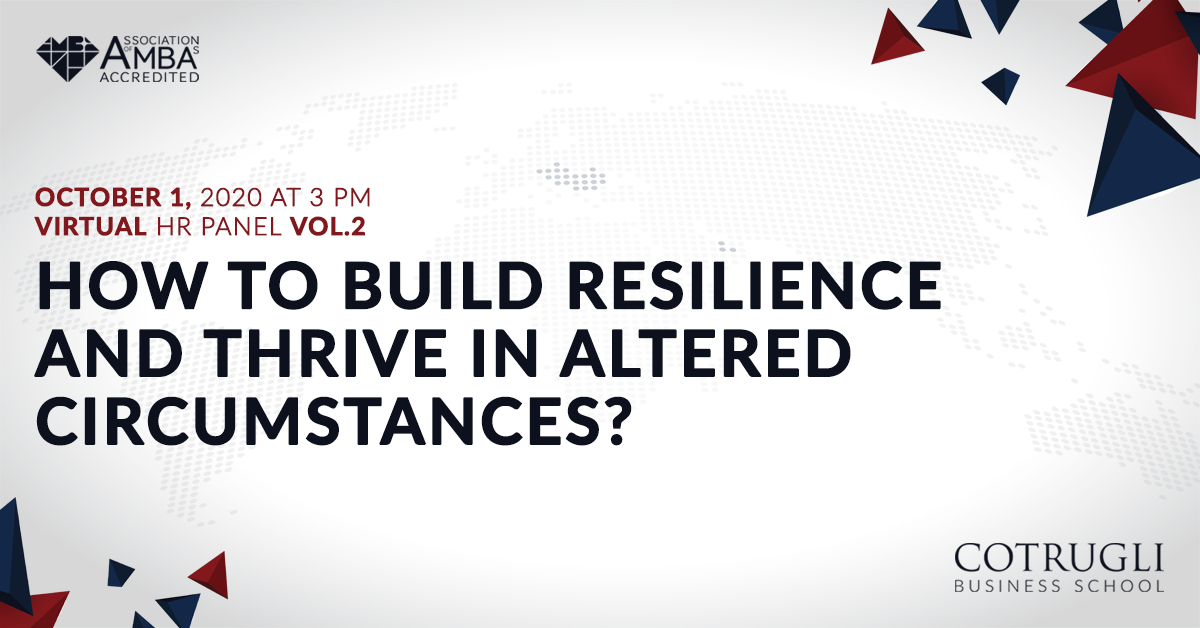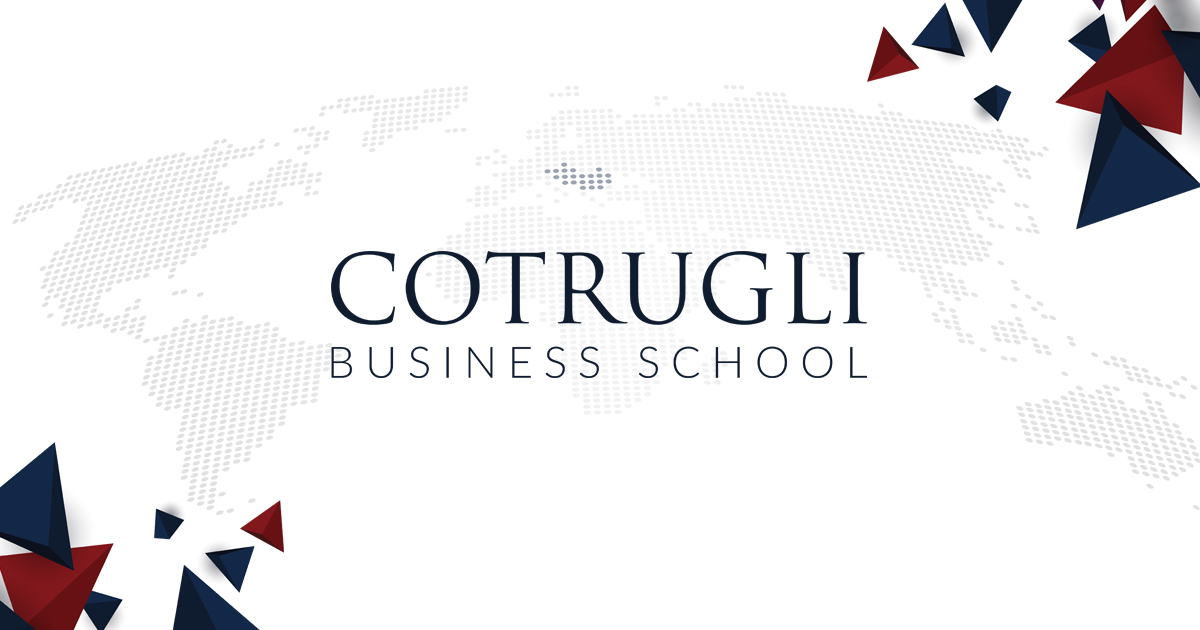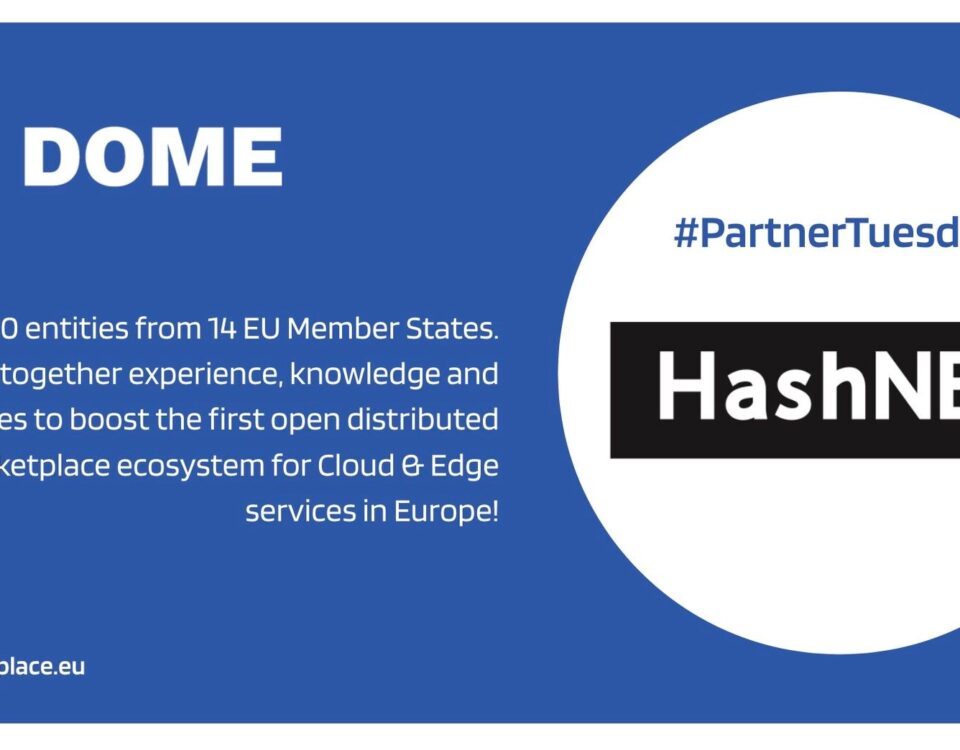
COTRUGLI Virtual HR Panel Vol. 2: How to build resilience and thrive in altered circumstances?
17/09/2020
Immerse yourself in real business challenges and save 20% on the tuition fee
12/10/2020
COTRUGLI HR panel: Management support and investing in people are key success factors in crisis
On October 1, COTRUGLI Business School organized 2nd regional HR panel on resilience and succeeding in changed circumstances, as well as the key success factors in crisis. The panelists were Alisa Evsina (HR Director at NIS), Gregor Rajšp (HR Director at Pivovarna Laško Union (Heineken International)), Maja Crnjak (Head of Human Resources at Erste Bank Croatia) and Naida Begović Ibraković (HR Director at Veritas Automotive).
Recovery was among the first topics to be discussed. Alisa and Naida shared their insights on how much of the business functionality their companies managed to recover. NIS has managed to keep all the employees and all the businesses. They expect to recover the losses in 1-2 years, but it will be hard to recover the sense of security so the people are not afraid anymore. Veritas Automotive managed to restore and recover the production in a few months. However, there are still challenges on the horizon because they, as a supplier company, are highly dependent on the stability of the orders.
When the audience was asked the same question, a surprising 50% said their companies recovered significantly, almost to the levels of business functionality of the pre-COVID-19 period. The participants believe that the support from the management and investment in people in situation of crisis are the most important factors in contributing to their company’s recovery and resilience.
As the sense of fear and insecurity is still very present among employees, mental health cannot be left out from the discussion on resilience. Gregor introduced the project of health promotion by which his company will measure personal resilience and keep track of the well-being of employees. Maja emphasized that the employer has to look beyond and take the role of the initiator of certain activities regarding psychological support. “If the manager can provide the feeling of security, the employees will get more or less relaxed and will be able to be loyal to the company”, Alisa added.
When it comes to training and development, many companies organized more trainings than it was planned at the beginning of the year. According to Maja, the crisis pushed the organizations to rethink the formats of the development programs and development in general. It forced them to provide more relevant content in a shorter time via different channels. It also showed that unless people change their competencies, their skills and capabilities will soon be out of date.
Before the Q&A session, the panelists were asked to share their companies’ key strengths that will be the foundation for building further resilience and success. Gregor is assured that the energy of people and their ability to quick adjustments is the key to success. Alisa believes that success lies in an agile approach to issues, using the opportunities, and in people. For Naida, it is the management support, top down communication, and the ability to anticipate the danger before it actually happens. Maja wrapped up and pointed out the culture, infrastructure, and business processes as the key success factors.
Our first HR panel was held on April 30, 2020. and the topic was the role of HR in times of crisis – have a look at its summary here!



